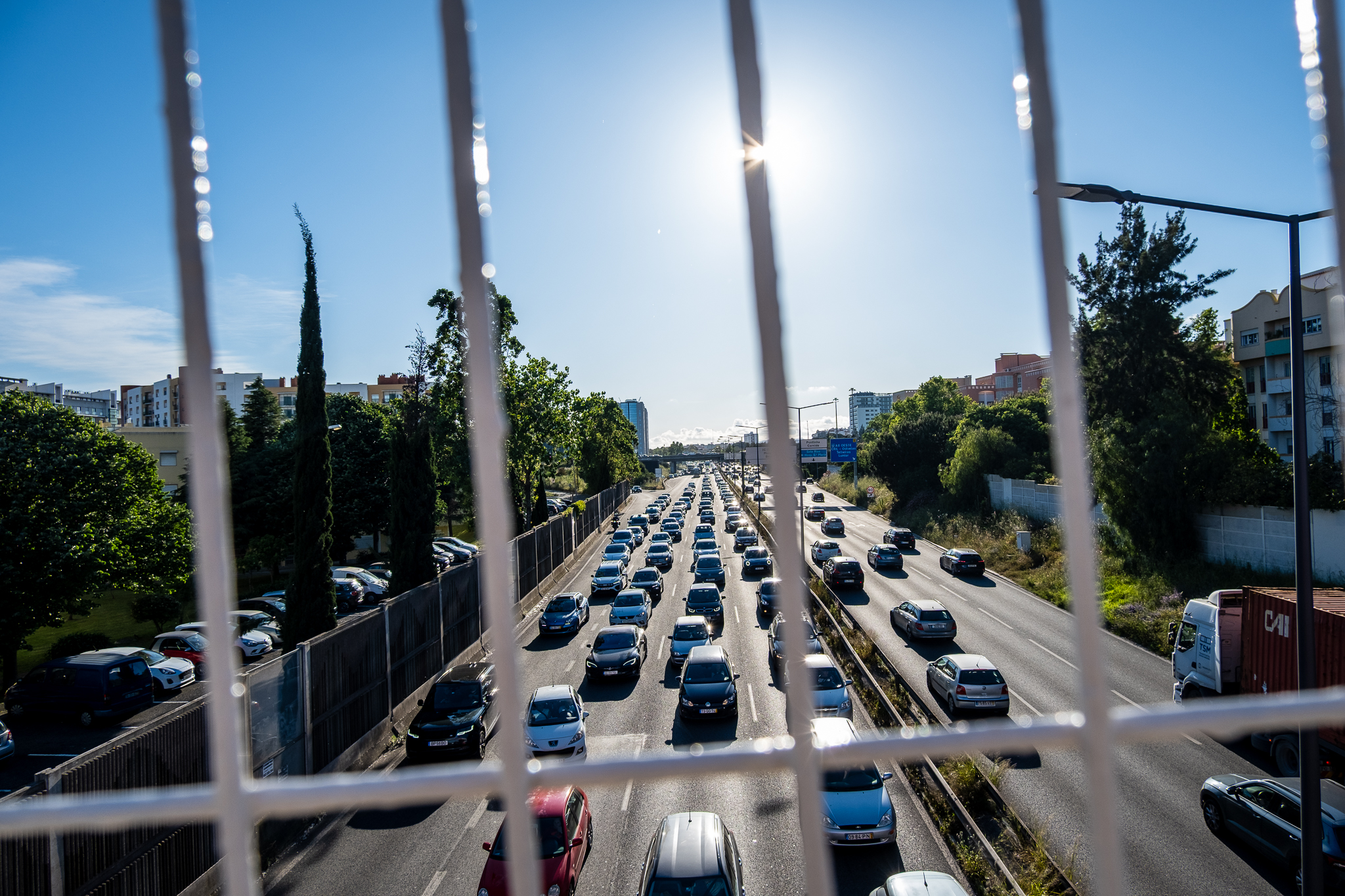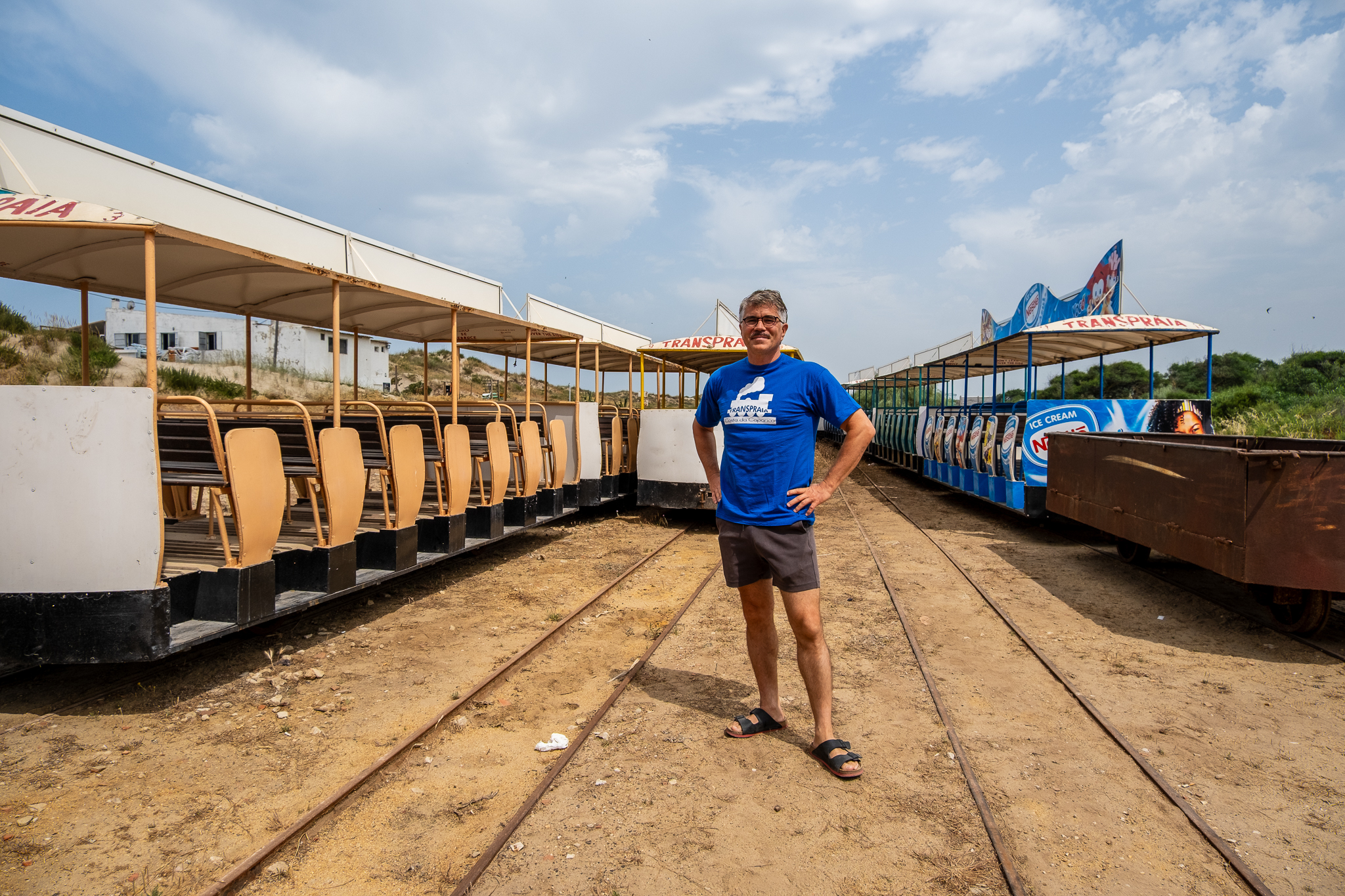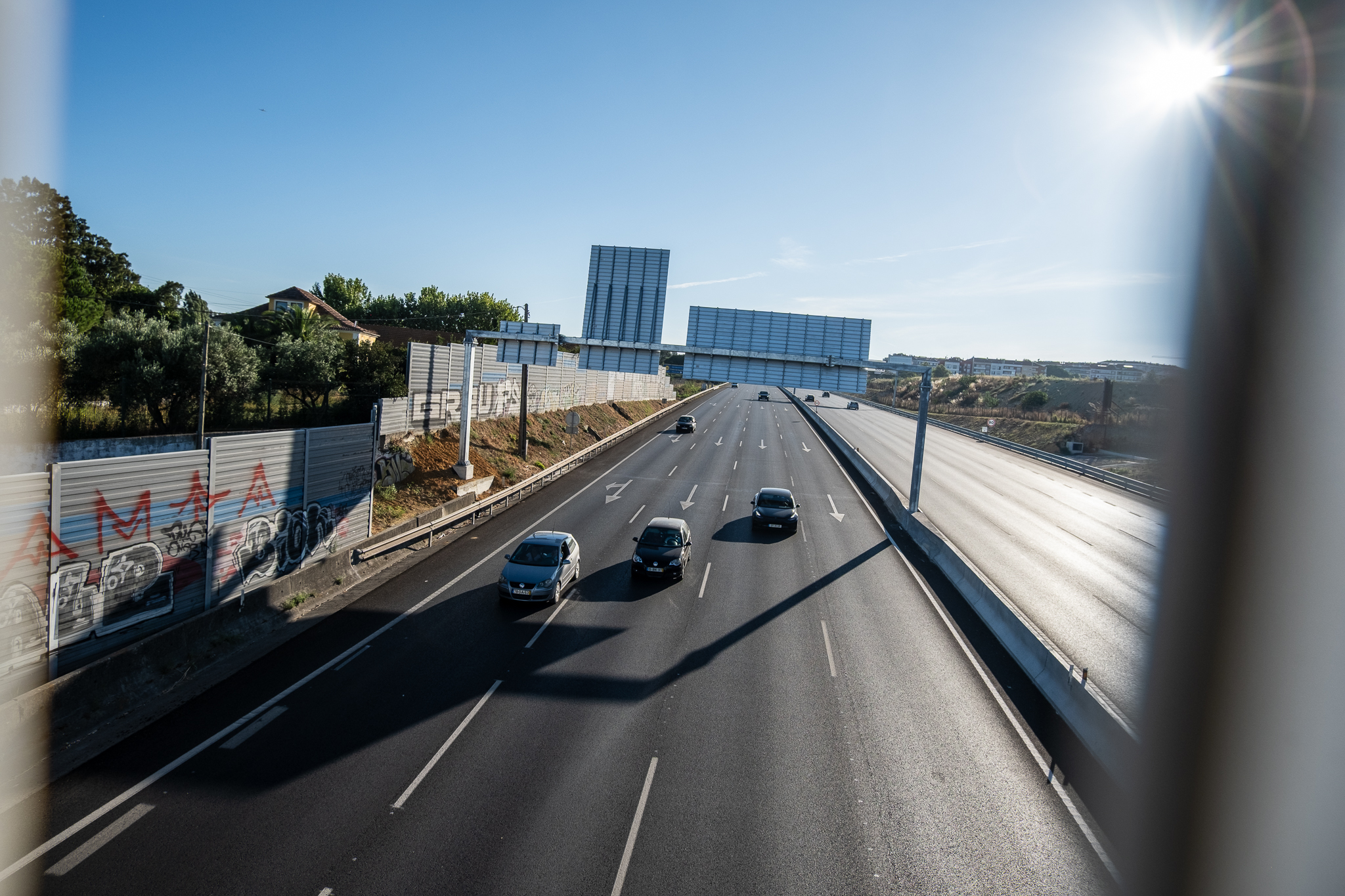Opinion.
In the European Mobility Week, the Lisbon City Hall closed such an insignificant artery of the city that the results were plain to see: poor adhesion. Moedas could have used the pretext of this European Week to test a temporary closure of Avenida da Liberdade.

During every Sunday this summer, between June and August, Porto City Hall closed to traffic fourth block of Avenida Rodrigues de Freitas, in Bonfim. The street was given back to the people, who, in the middle of the asphalt, were able to find recreational activities to fill the hot days. The initiative, entitled "A Rua é Nossa" (The Street is Ours), had been launched by the Porto municipality during the summer of 2020, at the height of the pandemic, covering several streets in the city. On this Sunday of European Mobility Week, the Porto closes Avenida Rodrigues de Freitas to cars again.
A little further down, in Coimbra's main shopping street, Rua de Sofia, in the heart of the city center, was closed to cars on Saturday to celebrating European Mobility Week. Various activities took place on the pavement between 9am and 6pm; people joined in and so did the shops. It should be noted that Rua de Sofia had already been made car-free for a day in June, as part of an initiative. requested by a local business association. Also on Saturday, the Santa Clara Bridge, one of the main crossings of the Mondego, was empty of cars; and on Sunday, the central Avenida João das Regras was empty of vehicles and filled with people.

In other times, in 2019, the Lisbon City Council showed ambition and, in an unprecedented national initiative, promoted the closure of one of the city's main avenues to traffic on the last Sunday of every month. Avenida da Liberdade was car-free on the central axis between Rua Alexandre Herculano and Restauradores, with traffic allowed only on the sides. The success of the initiative was such that, whenever the avenue became car-free, hundreds of people filled it, taking part in the various recreational activities on offer. There were organic markets, craft fairs, inflatables and other activities for children, sports, music, food stalls... and other attractions.
A Rua É Sua" was promoted on Avenida da Liberdade between May and December, always on the last Sunday of the month. The event was communicated on the municipality's channels and also in the media, but the fact that it was a regular event was also one of the keys to its success - people knew that the Avenida was theirs on the last Sunday of the month. Another success factor was that the initiative took place in a central artery, where people pass through and know where it is.
If I ask the reader if they know where Alameda Edgar Cardoso is, they probably won't be able to answer. I'll have to give references such as being next to Parque Eduardo VII and the Estufa Fria, or being the avenue that serves the Marquês de Pombal bus terminal. And even then, it may not be immediate to the reader. It's a boulevard that goes unnoticed and where people don't usually pass consciously. But it was this insignificant boulevard that Lisbon City Council decided to close this Sunday, as part of European Mobility Week. Suburban buses were diverted and the street was occupied by a "mobility fair", with craft stalls, some street food sales and stands of the municipality, the city's mobility companies, such as Metro de Lisboa, EMEL and Carris, and private shared soft mobility operators, such as Lime and Bolt. In assembly and disassembly, this fair cost at least 8.3 thousand euros to the municipality - the assembly and disassembly of "A Rua É Sua" on Avenida da Liberdade cost between 9.2 thousand euros e 18.2 thousand euros per edition.

But the people weren't there. Photographs shared on social media and testimonies from some participants show that the turnout was low compared to previous closures of Avenida da Liberdade. In a European Week in which search raise awareness of "the need to change behavior with regard to mobility, particularly with regard to the use of private cars", a Carlos Moedas' municipality had an opportunity here to show that the Avenida da Liberdade controversy is not an ideological issue and to signal a commitment to the modal and climate targets to which Lisbon has committed itself. be carbon neutral and reduce the car share by 28% by 2030.
Under the pretext of a European Mobility Week, Moedas could have tested the closure of Avenida da Liberdade on Sundays before implementing the proposal approved earlier this year by the majority of the city council; Moedas could have shown that he is not against closure and that he just has a different way of doing things. Taking up the challenge launched by Councillor Miguel Gaspar (PS)The current mayor could activate all the sensors at the municipality's disposal, such as environmental sensors, data from ATM transactions in the vicinity and the location of cell phones, to substantiate, with concrete data, the possible opening of Avenida da Liberdade to people on Sundays (or at least on the last Sunday of each month, as was done in 2019).

And no, nobody wants to go to a mobility fair in a boulevard they don't know where it is, without knowing what they'll find there. The promotion of this fair by the municipality was poor, which may also have contributed to its failure; but there is one important detail worth mentioning: "A Rua É Sua" on Avenida da Liberdade worked because people wanted to enjoy the avenue without cars, because there were various leisure activities there, and not because of mobility company stalls (they were a add-on).
The temporary closure of avenues on Sundays is not uncommon in other European cities, where the aim is to reduce air pollution levels (there are more than 5,000 deaths a year in Portugal related to air pollution) and an energy and, above all, modal transition. In Lisbon, the return of the "A Rua É Sua" initiative was approved at the town hall meeting last June, following a proposal - a half-baked one, we have to admit - from Livre, but which had a purpose that it would not be good to neglect. We still don't know if, how or when it will be put into practice.
Lisbon, which once showed ambition, is now lagging behind everyone and everything. Behind Porto, which continued its "A Rua É Nossa" program with the closure of an avenue throughout the summer and also during European Mobility Week. Behind Coimbra, which closed three of the city's central and important arteries this weekend. Also behind Oeiras, which closed the entire Avenida Marginal this Sunday morning to cars for a family run.
P.S. - the Lisbon City Council has an inquiry where we can give our opinion on the activities they are promoting during this European Mobility Week.











